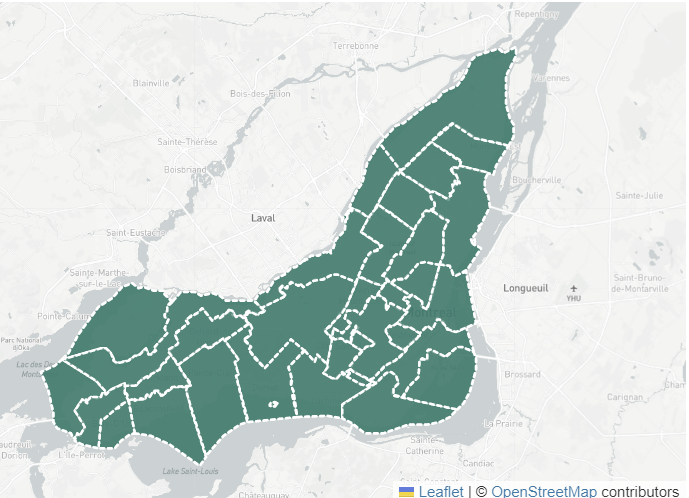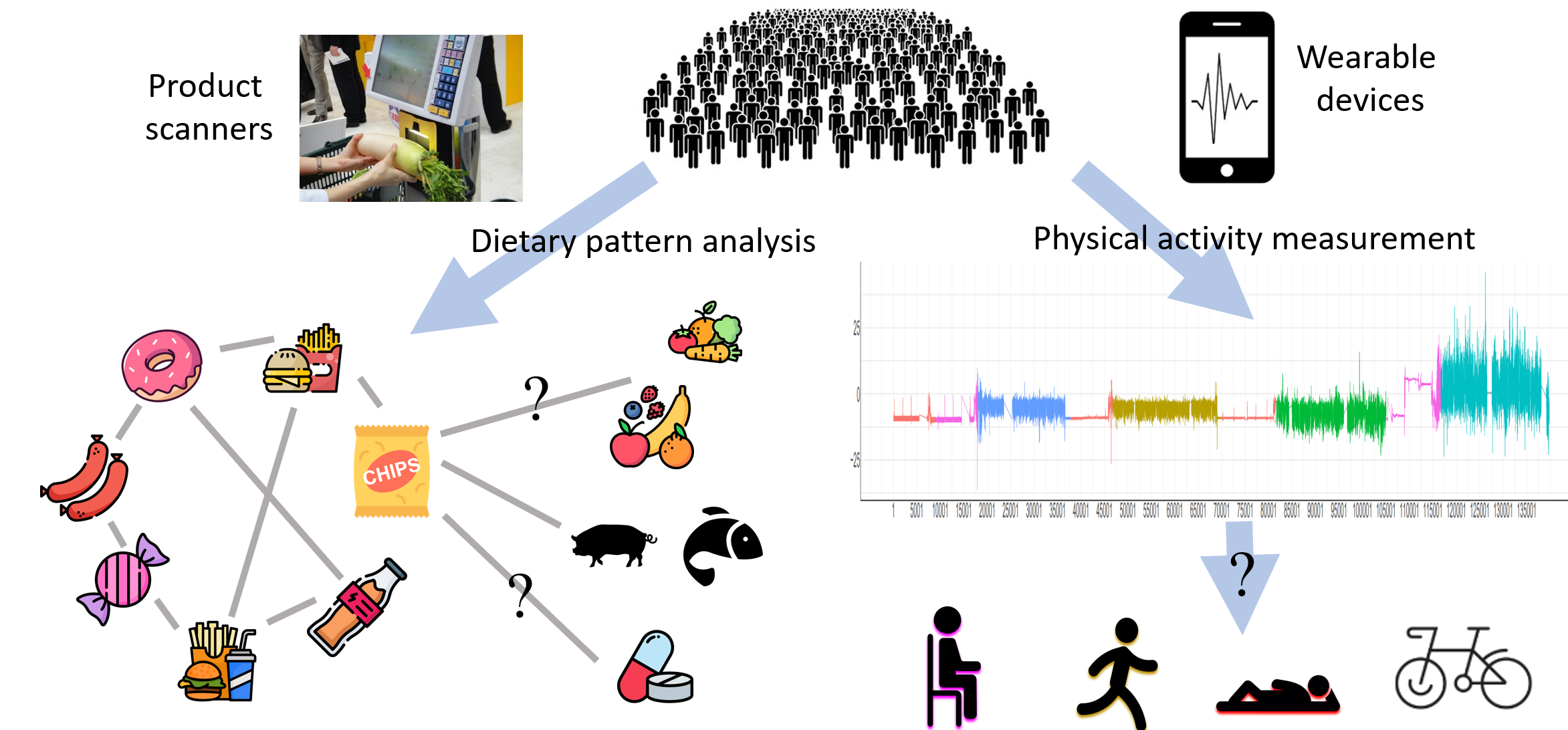Hiroshi Mamiya
Assistant Professor in Epidemiology in the Department of Epidemiology, Biostatistics, and Occupational Health in the School of Population and Global Health at McGill University

Hiroshi Mamiya is an Assistant Professor in Epidemiology in the Department of Epidemiology, Biostatistics, and Occupational Health in the School of Population and Global Health at McGill University. He obtained an M.Sc and Ph.D in Epidemiology from McGill University and completed postdoctoral training at the University of Saskatchewan and McGill University. He has previously worked in Manitoba Health and Island Health Authority as an analyst and laboratory scientist to enhance public health and health service performance surveillance programs.
Research Areas:
- Environmental Epidemiology and Health Informatics
Research Interests:
- Behavioural Risk Factor Surveillance
- Geographic Information Systems
- Consumer Behavior Analysis
Email: hiroshi.mamiya@mcgill.ca
Population Insights lab
Hiroshi measures residential access to environments that promote healthy lifestyles, such as bike infrastructures promoting active transportation and commercial environments free of unhealthy “junk” food marketing. He also measures lifestyle risk factors of chronic diseases (e.g., diets and physical activity) at a large scale using digital data, while investigating their interactions with environmental determinants of health. Ultimately, he aims to develop local community actions and government policies that promote healthy lifestyles.
Current projects
Model-based mapping of household food insecurity using the Canadian Community Health Surveys
We aim to inform communities about areas that are most impacted by household food insecurity across boroughs in Montreal. The project uses Canadian health surveys whose data can be mapped to Montreal boroughs through the use of spatial statistical analytical methods.
We are looking for a postdoctoral fellow. If you know Bayesian inference and are interested in working with spatial and spatio-temporal epidemiology and small area estimation, please contact me hiroshi.mamiya@mcgill.ca for this CIHR-funded project jointly led by Dr. Alexandra Schmidt in the Department of Epidemiology, Biostatistics and Occupational Health.

Measuring community access to urban infrastructures
All residents deserve residential access to public transit infrastructures, diverse urban amenities, and environments encouraging physical activities and active commuting such as parks and bike infrastructures. I currently quantify geographic access to these urban resources to identify and inform communities in need of enhancement. Thus, my research will ensure equitable access to healthy environments for all.

Promoting geospatial freedom using GPS data and epidemiologic research
Mobility is one of the fundamental human rights. I explore the use of Global Positioning System (GPS) technologies to measure and analyze the movement patterns of people including physical exercise, healthcare visits, and grocery shopping. By using these travel data, I aim to identify urban environmental factors encouraging or blocking mobilities, such as distance, transit access, and the walkability of streets. Ultimately, this research will inform urban planning, health monitoring, and transportation development toward active lifestyles with reduced automobile dependence.

Capturing daily lives using digital purchasing and wearable device signals
Healthy diets and adequate physical activities reduce the chance of developing chronic and infectious diseases and are likely to improve mental wellness. Monitoring community diets and physical activities will enable public health policies and local community actions to promote these activities and implement urban environmental resources. I covert grocery shopping data and signals from smartphones from volunteers allow mapping and tracking such human behaviours at a large scale via statistical modelling and machine learning techniques.
